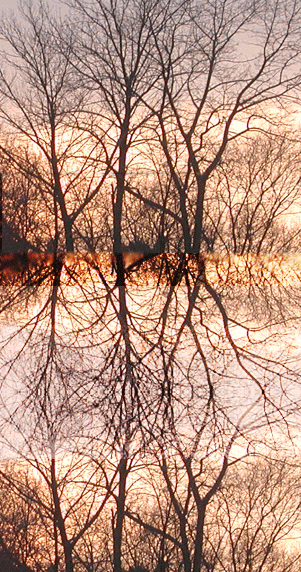Serendip is an independent site partnering with faculty at multiple colleges and universities around the world. Happy exploring!
Theorizing Genre
Notes towards Day 9 of Emerging Genres
Theorizing Genre

(re-schedule some) conferences on Wed & Thurs,
finish Moby-Dick on Thurs (conformity experiments--Ellen, Louisa)
papers due next Monday;
then some more theory, then Uncle Tom's Cabin...
II. old business
As comment on and extension of our discussion about publishing student work on the web:
Harvard Research to be Free On-Line
At Harvard, a Proposal to Publish Free on the Web
"Humor makes it possible to make serveral statements at once"...
the satiric persona...the author uses as a mask....Where does Ishmael stand?
...there is a didactic (teaching) function to satire...the humor itself teaches.
latch-key under the mat? a chart of the undertow?
"I but put that brow before you. Read it if you can"...may be the key for me....
"clear Truth is a thing for salamander giants only....how small the chances for provincials then?"...
these two quotes illustrate the ensions around knowing in this book...
cf. with Northrop Frye's "five stages of literariness"??
"The romance is nearest of all literary forms to the wish-fulfilment dream, and for that reason it has socially a curiously paradoxical role. In every age the ruling social or intellectual class tends to projects its ideals in some form of romance....The perennially childlike quality of romance is marked by its extraordinarily persistent nostalgia, its search for some kind of imaginative golden age in time or space" (Northrop Frye, "The Mythos of Summer: Romance," Anatomy of Criticism, 1957).
V. what form does the anthology take?
what can we say about the genre that is the anthology?
about the evolution of the anthology genre?
from the OED:
[ad. L. anthologia, a. Gr.
![]()
![]()
![]()
![]()
![]()
![]()
![]()
![]()
![]() (f.
(f. ![]()
![]()
![]()
![]() -
-![]() flower + -
flower + -![]()
![]()
![]()
![]()
![]() collection, f.
collection, f. ![]()
![]()
![]() -
-![]()
![]()
![]() to gather), applied to a collection of poems.
to gather), applied to a collection of poems.
![]()
cf. the " bouquets" of four different American literature anthologies...
what DIFFERENT KINDS of stories are being told about the history of American literature?
VI. Duff's Introduction to Modern Genre Theory:
what did you learn? what are your questions?
what kind of story does he tell about the history of this idea?
in different and varying degrees and characters."
origins of modern genre theory in 18th-19th c. radical German aestheticism
breakthrough of Russian formalists:
variation, competition...
applied linguists, film studies, rethinking gender, blurred interdisciplinary work:
restrictive model of intertexuality, less open-ended
not Neoclassical delusion of comprehensive taxonomy or structuralist fantasy of total science:
Croce: criticism of theory of kinds
When we think of…quantitative concepts…the individual expressive fact from which we started has been abandoned. From aesthetes…we have changed into logicians; from contemplators of expression, into reasoners. Certainly no objection can be made to such a process. In what other way could science arise…? The logical or scientific form, as such, excludes the aesthetic form (p. 26).
Error begins when we try to deduce the expression from the concept…[in] the theory of artistic and literary kinds….From the theory of artistic and literary kinds derive those erroneous modes of judgement and of criticism…asking…before a work of art if…it obey the laws…artists have, however, really always disregarded these laws of the kinds. Every true work of art has violated some established kind and upset the ideas of the critics who have thus been obliged to broaden the kinds (p. 27).
To employ words and phrases is not to establish laws and definitions. The mistake only arises when the weight of a scientific definition is given to...phraseology (Cf. to shelving books by sizes or by publishers, seeking out literary laws of miscellanies and of eccentricities, p. 28).


